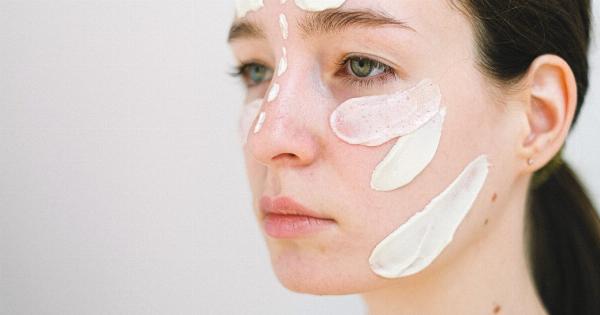Summertime means soaking up the sun and working on your tan, but it also means exposing your skin to damaging UV rays.
Too much sun can leave your skin feeling dry, tight, and red, and can ultimately lead to long-term damage like sunburn, fine lines, and even skin cancer. That’s why it’s essential to take care of your skin both during and after sun exposure to keep it healthy and rejuvenated.
Stay Sun-Safe
The best way to soothe your skin after time in the sun is to prevent sun damage in the first place. Here are some tips for staying sun-safe:.
Wear Sunscreen
Wearing sunscreen with at least SPF 30 protects your skin from harmful UV rays. Apply sunscreen generously to all exposed skin at least 30 minutes before going outside, and reapply every two hours or after swimming or sweating.
Stay in the Shade
Spending time in the shade during peak sun hours (10 a.m. to 2 p.m.) can also protect your skin from UV rays. Trees, umbrellas, and hats all provide shade and shield your skin from the sun.
After-Sun Care
If you do happen to spend too much time in the sun, don’t worry. There are plenty of products and techniques you can use to soothe and heal your skin.
Cool Down
First and foremost, cool down your skin after sun exposure. Take a cool shower or bath, or apply a cold compress to the affected area. Keeping your skin cool and hydrated can help reduce inflammation and redness.
Hydrate
Drink plenty of water to stay hydrated both during and after sun exposure. Sunburn and prolonged sun exposure can dehydrate your skin, leaving it dry and tight. Drinking water helps replace lost fluids and keep your skin looking and feeling healthy.
Aloe Vera
Aloe vera is a natural plant extract that’s been used for centuries to heal sunburned and damaged skin. Aloe vera gel is rich in vitamins, minerals, and antioxidants, and can help reduce inflammation and soothe irritated skin.
Vitamin E
Vitamin E is a powerful antioxidant that can help protect your skin from sun damage and reduce the appearance of fine lines and wrinkles. Look for topical creams and lotions that contain vitamin E to help repair and rejuvenate your skin.
Over-the-Counter Products
You can also find plenty of over-the-counter products specifically designed for after-sun care. These products often contain a combination of soothing ingredients like aloe vera, vitamin E, and chamomile to help reduce redness and inflammation.
Long-Term Skin Care
Preventing sun damage in the first place is the best way to take care of your skin in the long run. Here are some tips for long-term skin care:.
Protect Your Skin
Aside from wearing sunscreen, there are a few other ways to protect your skin from sun damage. Cover up with lightweight clothing, hats, and sunglasses to shield your skin from UV rays.
You can also invest in window tinting for your car or home to limit your exposure to the sun.
Stay Hydrated
Drinking plenty of water and staying hydrated can help keep your skin looking and feeling healthy. Aim for at least eight glasses of water per day to help flush out toxins and keep your skin hydrated and radiant.
Eat a Healthy Diet
What you eat can also impact the health of your skin. Foods rich in antioxidants, like fruits and vegetables, can help protect your skin from sun damage and support healthy skin cell turnover.
Stay Consistent
Finally, consistency is key when it comes to taking care of your skin. Establishing a regular skincare routine and sticking to it can help prevent sun damage and maintain healthy, glowing skin.
With these tips and techniques, you can soothe your skin after soaking up the sun and protect it from future damage. So go ahead and enjoy your time in the sun, but be sure to take care of your skin in the process.































